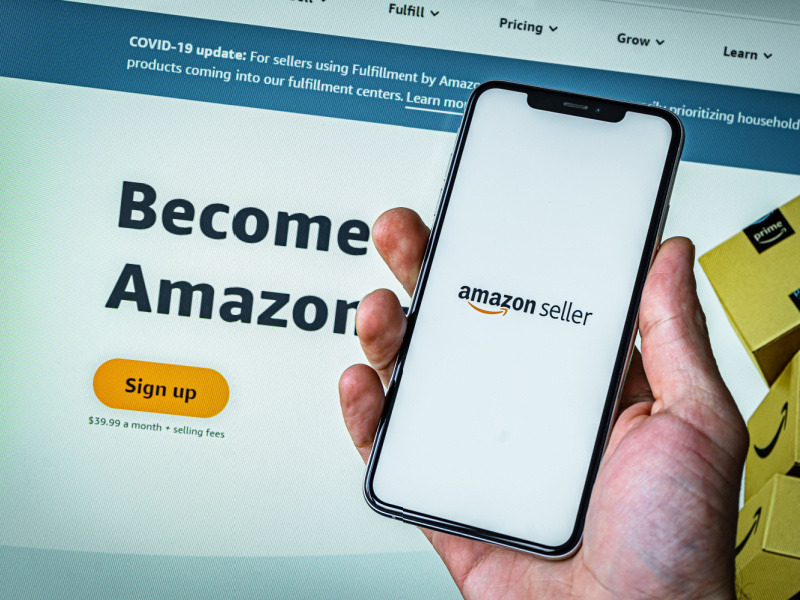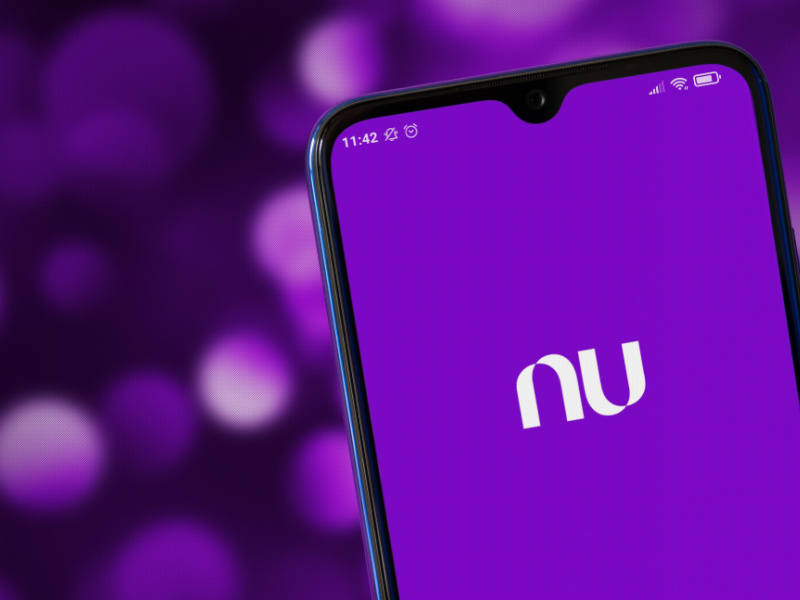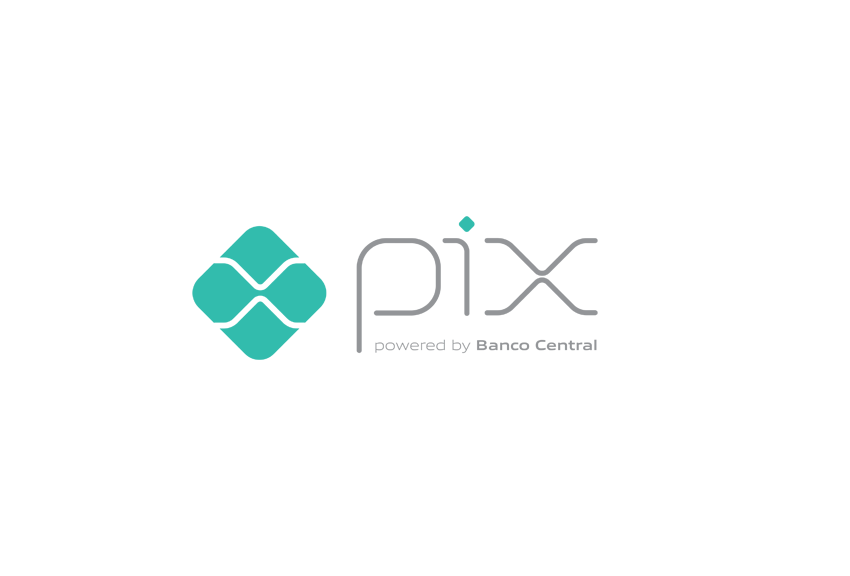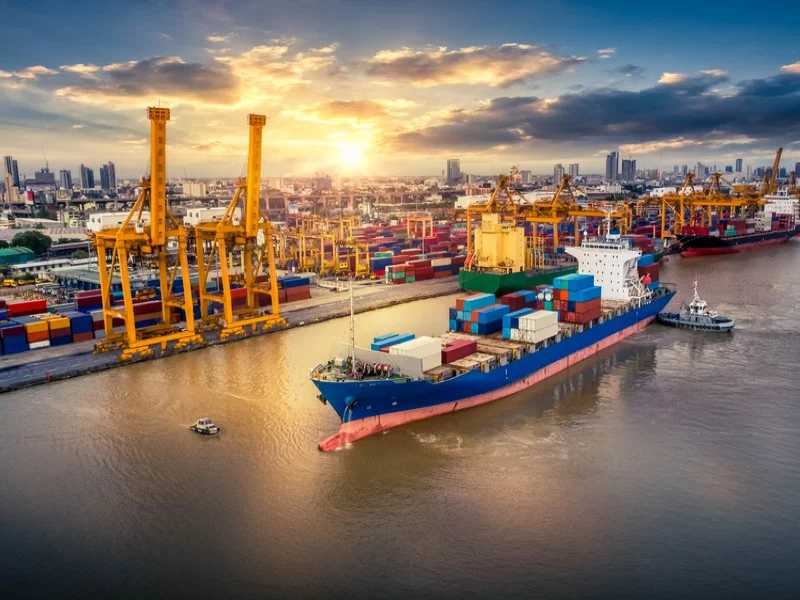Payment API: what it is and how it works
19/01/2023A payment API facilitates your company’s routine and benefits customers with a wide range of payment methods. Know more!
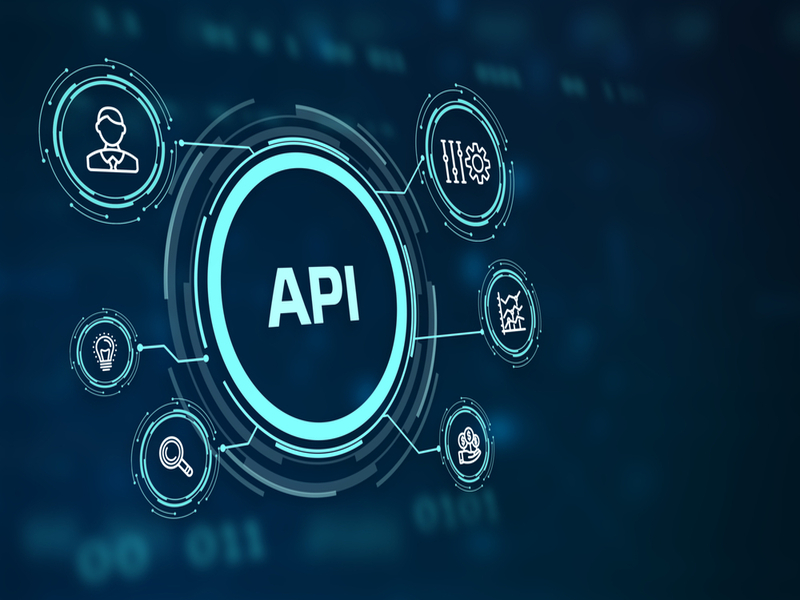
A payment API connects e-commerce platforms with the financial institutions involved in the online payment process. Application Programing Interface, or API, is a set of programming standards and rules whose main purpose is to enable integration between platforms and software, with codes used to connect two apps to each other in order to share functionalities.
In this article, you will learn about payment APIs and how they can benefit your business. Keep reading!
How does a Payment API work?
APIs also can be used to offer a better user experience in virtual stores or during checkout for digital services. With a payment API, transactions are analyzed and approved automatically, in real time, within just a few seconds.
Another advantage of payment APIs is security. All data informed by the customer during checkout (e.g., credit card number) are encrypted and remain available for access. Communication with the acquirer is made immediately. Meanwhile, the acquirer communicates with the customer’s bank and returns the result analyzed by the bank to the API. Without any need for human intervention, the customer’s card information and credit limit are verified.
Customers never have to leave the e-commerce platform at any time, receiving a message informing the purchase status on the same screen where they input their data.
Payment options available via API
Payment via API also can be made using methods other than credit cards. In the case of debit cards, an authentication step is conducted with the card company. Other examples are Pix, fund transfers and boleto.
Payment API also is an excellent solution for receiving payment in any currency globally. We know that virtual stores allow you to reach consumers anywhere in the world, which is especially important for cross-border e-commerce platforms. However, it is not enough to reach them: you have to offer the payment method they use to have a chance of converting the sale.
Offering customers a local payment experience increases conversion rates. In addition to making available the payment in local currency, through Pix, boleto and local debit and credit cards, you also can better serve Brazilian consumers by showing the currency conversion of product prices in real time. A relation of trust is established between customer and seller, since final prices are clear to the e-shopper. That is the strategy adopted by various international e-commerce platforms, such as AliExpress, the world’s largest e-commerce that sets new sales records annually in Brazil.
Later, the storeowner receives the amount from the sale already converted into their currency, wherever they are. They also have access to their sales backlog, along with reports and dashboards, through which they can monitor financial flows in real time as payments are settled.
In other words, neither storeowners nor customers need to worry about foreign exchange rates or dealing with the process, since a payment API performs these functions with excellence.
Three advantages found in the best payment APIs
Receive payments automatically and securely with no need for a dedicated team to handle this function: that is what API means in you daily routine. But it can go even further.
Good APIs are able to avoid duplicate payments and inform the storeowner about updates in the payment process. For example, when the payment method selected is boleto, the customer has three days to make payment. Meanwhile, the bank takes more time to identify it. Only then is the product prepared for shipment to the customer, who already can see the estimated delivery date. Can you imagine having to manually check these steps for every sale made via boleto? That would be unviable for most companies.
Another advantage of API for companies’ payment management relates to suppliers and service providers, given the possibility of sending payments via an API in an organized and agile process. Read on to see three more advantages of payment API for e-commerce:
Transparent checkout
The last screen a consumer sees on an e-commerce platform before checkout is the most important one. Implementing payment API technology allows you to offer transparent checkout so that customers can complete their purchase without being redirected to another page.
PCI compliance
PCI Compliance or PCI DSS is a set of security requirements and procedures to protect consumer’s sensitive data provided to the e-commerce platform during checkout. Using a Payment API with PCI DSS represents better protection against data leaks, fraud and other kinds of cybercrime.
Split payments
For marketplaces, it is critical to direct the payment of a purchase to the right storeowner. When a cart contains products from more than one seller, split payment divides the amounts and transfers them automatically.
Recurring payment with payment API
Recurring payment is used to charge continuous services, such as streaming subscriptions or courses. It is a very useful resource for retaining customers without compromising their credit card limit, while providing greater visibility of cash flows. Payment can be made via boleto, automatic debit or credit card, with the storeowner needing only to register the customer and schedule the desired frequency in a payment API.
Learn about Bexs Pay, one of Brazil’s best payment APIs
Bexs Banco has over 30 years of experience in foreign exchange and a team of experts always ready to offer consulting services. But that is not all. Your digital business also can count on APIs created by our developers. With the Bexs Pay online payment system, you can sell products and services accepting Brazilian payment methods and receive the amounts in your favorite bank anywhere in the world. Contact us for more information about our solutions.
